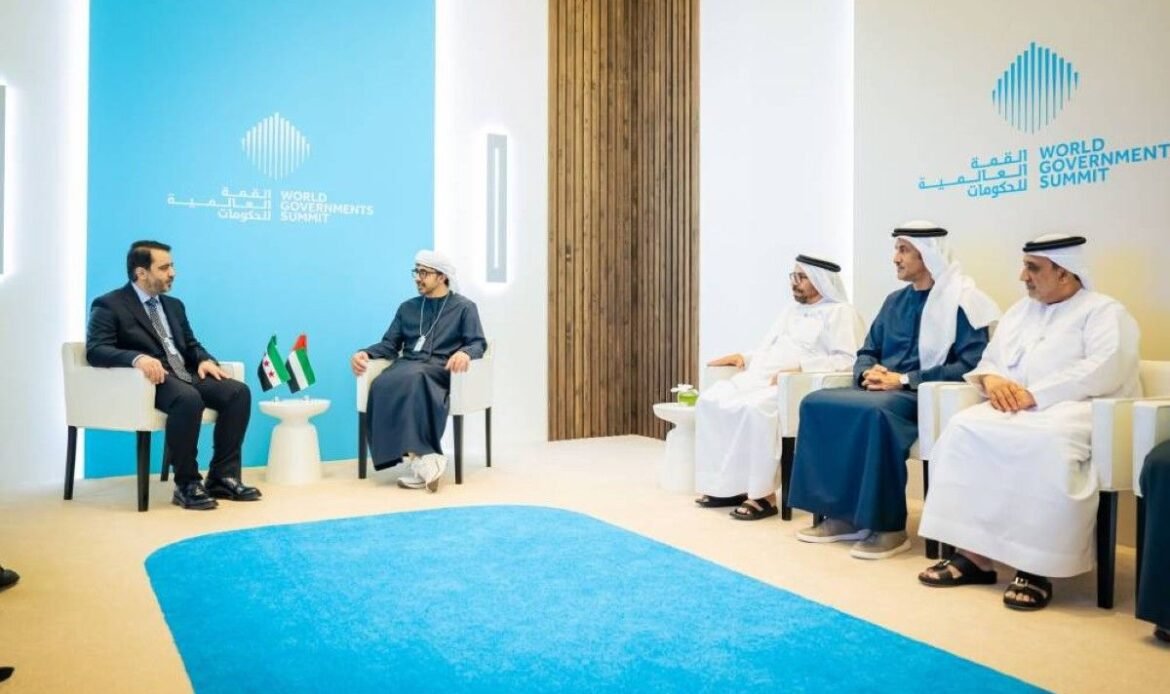Syrian Foreign Minister: A New Path Toward Stability and Progress
In a notable speech at the World Government Summit, Syrian Foreign Minister Asaad Al-Shaaban of the transitional government discussed the myriad challenges facing Syria both domestically and internationally. He emphasized that after 14 years of conflict and 50 years of authoritarian rule, Syria has entered a new phase.
Local and Political Challenges
Al-Shaaban highlighted the monumental challenges faced by the new government but expressed optimism about serving the Syrian people. He noted that the greatest challenge overcome was the previous regime, which had deprived the populace of freedom and dignity. Rebuilding the state from scratch, though daunting, is filled with hope due to the widespread public support for the new government.
He pointed out that the political challenge involves repairing international relations, which were severely strained under the old regime, portraying Syria as a threat. Since taking office on December 8, the government has been working to mend these relations.

Economic Challenges and Sanctions
The Foreign Minister acknowledged that Syria inherited a devastated economy due to past policies and ongoing economic sanctions. Despite the regime change, these sanctions persist, adversely affecting the Syrian people rather than protecting them. Al-Shaaban stressed the necessity of lifting these sanctions, noting efforts to engage with Arab nations and the international community.
He also mentioned that the new government has curbed corruption, which has led to a 70% increase in the value of the Syrian pound within two months. Efforts are being made to persuade the United States and the European Union to ease sanctions, although the exceptions granted so far are insufficient for significant development.
Security and Internal Stability
Addressing concerns about internal stability, Al-Shaaban assured that the liberation of the Syrian people is the primary guarantee. The change, he noted, was not sudden but supported by all segments of Syrian society. The absence of mass refugee movements post-transition indicates trust in the new government. He emphasized that security in Syria is improving, with markets, schools, and universities returning to normal operations, inviting all to visit Damascus to witness the stability firsthand.
Vision for the Future
Al-Shaaban outlined that the new government is learning from regional experiences, aiming for genuine partnership with the Syrian people. He highlighted the significant achievement of avoiding civil or sectarian war following the political upheaval. In terms of political engagement, he clarified that Syria would not rely on sectarian quotas but would build a state based on competence and genuine participation of all Syrians.
The upcoming government to be formed in March will represent all facets of Syrian society. He concluded by affirming that the Syrian people have been victims of exclusion for decades, and the new government aims to build a modern Syria that respects all its components, moving away from sectarianism and ethnic divisions, with a focus on achieving development and stability for all citizens.
He also acknowledged a painful legacy due to the involvement of Russia and Iran, stating, “No one is pleased with the interference in national affairs, and we aim to rebuild our relationship with Russia and Iran.”
Putin Holds Phone Call with Syrian Transitional President Ahmed Al-Sharaa



